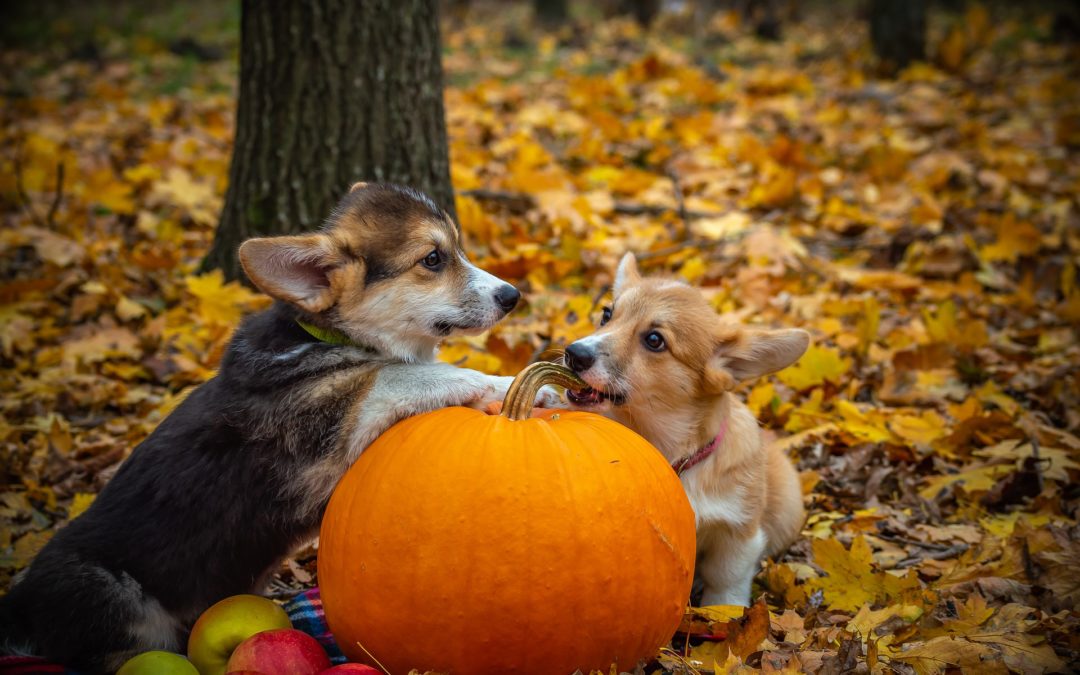
…skilled service…compassionate care
Canine Influenza Spreads Rapidly In Los Angeles County
NBC4 I Team reported a significant increase in the highly contagious H3N2 Virus, also known as Canine Influenza, in Los Angeles County. Symptoms include a deep, loud cough, and the dog may appear to have something stuck in their throat. Highly sociable dogs that frequently visit doggie daycare or boarding facilities, as well as public parks, are most susceptible. Sharing common water or feed bowls contributes to disease spread. This disease is not known to affect cats, other pets, or humans but is treatable. Importantly, it is preventable with two dose injections spaced over a 2-4 week interval.
You may not have traveled to Los Angeles County recently, but a friend or neighbor and their dog may have done so. If your dog shows signs or symptoms of the H3N2 Virus, contact us immediately or discuss vaccinating your dog to prevent the illness. Prevention is always superior to treatment. To view the entire story, please visit: https://www.nbclosangeles.com/investigations/dog-owners-beware-canine-influenza-la-county-flu-symptoms/2693951/.

Kidney Failure in Cats
Dr. John De Jong, DVM, presented an article in the Boston Herald discussing renal failure in cats. It was a reminder to pay close attention to our cats’ daily activities, especially the older ones. Generally, the incidence of renal failure – kidneys no longer functioning properly – increases after seven years of age. This kidney failure can be caused by dietary problems, infections, tumors, and other issues. That is why we recommend that cats have annual or biennial bloodwork and urinalysis to identify changes so treatment may begin as soon as irregularities are detected. The doctor can discuss a healthy pet lifestyle and diet to reduce your cat’s risk of developing kidney failure. Signs and symptoms of kidney failure include an increase in thirst and urination, loss of appetite, and weight loss. Read more: https://www.bostonherald.com/2021/06/27/kidney-failure-can-lead-to-anemia/.
Potty Training Cows And Save The Environment?
 Lindsay Matthews at the University of Auckland in New Zealand is trying to stem the effects of global warming and protect the environment from nitrous oxide. He recognized the urine and feces released by cows into the environment contaminate the air as well as contribute to water pollution.
Lindsay Matthews at the University of Auckland in New Zealand is trying to stem the effects of global warming and protect the environment from nitrous oxide. He recognized the urine and feces released by cows into the environment contaminate the air as well as contribute to water pollution.
Over a period of 10 sessions, he trained 16, 5-month-old Holstein heifers to urinate on a custom-built, grass-floored latrine. Then the waste was whisked away before pollution could occur. Lindsay found that within the training sessions, 11 of the heifers used the latrine 77% of the time, outperforming human toddlers being toilet trained.
While the research is just a start and the concept is not financially feasible, it is intriguing and certainly deserves more attention. Learn more; please visit:
https://www.newscientist.com/article/2289981-cows-have-been-potty-trained-to-reduce-greenhouse-gas-emissions/.
ROO’S NEWS!
by assistant editor, Roo, aka, Super Searcher With a Nose for News.
Cat Personalities?
 I can attest to the fact that the four feline friends who share my house all have distinct personalities – something I’ve known forever, but who asks me? A recent study conducted by the University of Helsinki shown in a brief published in Science Alert (Australia) suggests that there is a combination of seven traits that make up a cat. The research is preliminary and still ongoing but was conducted through a 138-question survey involving over 4300 cats. The researchers indicate that they narrowed cat traits to five personality traits and two behavioral traits, which are:
I can attest to the fact that the four feline friends who share my house all have distinct personalities – something I’ve known forever, but who asks me? A recent study conducted by the University of Helsinki shown in a brief published in Science Alert (Australia) suggests that there is a combination of seven traits that make up a cat. The research is preliminary and still ongoing but was conducted through a 138-question survey involving over 4300 cats. The researchers indicate that they narrowed cat traits to five personality traits and two behavioral traits, which are:
- Activity/playfulness
- Fearfulness
- Aggression towards humans
- Sociability towards humans
- Sociability towards cats
- Litterbox issues (such as refusing to use the litterbox, or using it poorly)
- Excessive grooming
I can identify each of my feline friends who display these traits, but I don’t want to name names. They shall remain anonymous, for now. Read a brief overview, or to read the entire research paper, please go to: https://www.mdpi.com/2076-2615/11/7/1991.
Dates To Remember
October is National Animal Safety and Protection Month
Protecting your pet is a year-round job, but October highlights the need to be vigilant. In addition to micro-chipping, having regular medical check-ups, remaining current on vaccines, regularly using flea, tick, and heartworm preventatives, to name a few, you can do things to protect your pet when outdoors.
Always leash your dog when in public – unless at the appropriate place for unleashed dogs. Use a life vest for your pet when boating as well as the appropriate safety restraints in the car. The non-profit Center for Pet Safety has great information for selecting the appropriate harness as well as providing general tips for auto and airline trips and hotel stays. For details on each, visit https://www.centerforpetsafety.org/pet-parents/how-to-select-a-harness/.
National Veterinary Technician Week – October 11th – 17th
Acknowledging the hard work and dedication shown by Veterinary Technicians should not just be one week; I think forever is in order! Please say hello and thank the busy staff who work with you during your appointments. They are in this business because they care about you and your pet. I think we have the best in the business, and in addition to a big Labrador tail wag, I give our team a four-paw salute!
National Boss’ Day – October 15th
I give a big shout-out to my boss (and mom), Dr. Bibb. She’s the best!
Halloween – October 31st
This Halloween may be almost back to normal; dress up and have fun. If you put a costume on your pet, be sure they can breathe and move properly and are not frightened. Keep them away from open flames and the door, so there are no escapes to ruin the fun. Hide the candy and treats and never feed them chocolate or food with xylitol. Halloween should be fun, not time for a trip to the emergency hospital.


